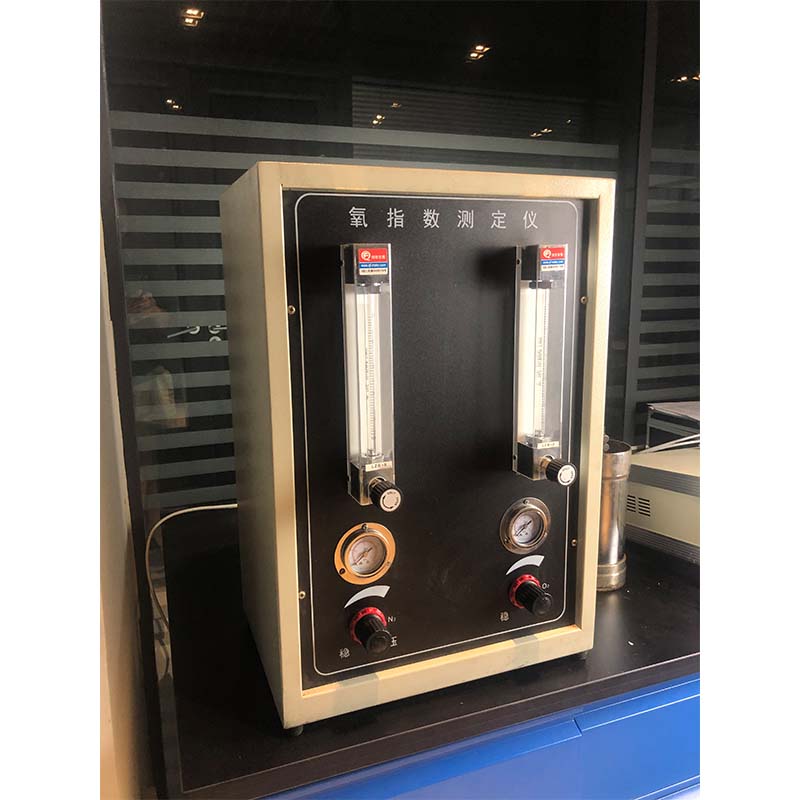Tailored Tensile Tester Fixtures for Enhanced Material Testing Performance and Precision
Understanding Custom Tensile Tester Fixtures A Comprehensive Overview
Tensile testing is a fundamental method used to determine the mechanical properties of materials, such as their strength, ductility, and elasticity. A key component of this testing procedure is the tensile tester fixture, which secures the specimen in place during the test. While standard fixtures are available, custom tensile tester fixtures are often required to meet specific testing needs and accommodate unique materials or geometries. This article will delve into the importance of custom tensile tester fixtures, their advantages, and considerations for designing and utilizing them.
The Role of Tensile Tester Fixtures
Tensile tester fixtures serve a crucial purpose in material testing. They ensure that the test specimen is securely held and aligned, allowing for accurate measurements of force and extension. Fixtures can be tailored for various material types, including metals, composites, plastics, and even biological materials. A well-designed fixture minimizes slippage and deformation, which can otherwise lead to erroneous results and affect the integrity of the data collected.
Advantages of Custom Fixtures
1. Enhanced Accuracy Custom fixtures are designed to meet the precise specifications of the material being tested. This customization helps eliminate variables that could affect the test results, thereby enhancing the accuracy and reliability of the data.
2. Improved Repeatability By ensuring that specimens are consistently and securely held, custom fixtures contribute to the repeatability of tests. This is particularly important in quality control processes where consistency across batches is essential.
3. Flexibility for Various Specimens Different materials and geometries require different approaches. Custom fixtures can be designed to accommodate a wide range of specimen shapes and sizes, making them versatile tools in a testing laboratory.
4. Focus on Specific Standards Many industries have specific testing standards that must be adhered to. Custom fixtures can be designed with compliance in mind, ensuring that tests meet industry regulations and certifications.
5. Cost-Effectiveness While the initial investment in custom fixtures may be higher than standard options, they can ultimately save money. By improving accuracy and reducing material waste due to testing errors, custom fixtures can lead to long-term savings.
custom tensile tester fixtures

Designing Custom Fixtures
When designing custom tensile tester fixtures, several critical factors should be considered
1. Material Compatibility The fixture must be compatible with the material it will hold. This means understanding the properties of the material, such as its strength, hardness, and brittleness, to select the appropriate design and materials for the fixture itself.
2. Test Methodology The type of tensile test being performed (e.g., static, dynamic, or fatigue testing) will influence the design. The fixture must facilitate the intended loading conditions and accurately transmit forces to the specimen.
3. Geometric Considerations The shape and size of the specimen dictate the dimensions of the fixture. Precise measurements are essential to prevent misalignment and ensure even force distribution.
4. Adjustment and Alignment Custom fixtures should include mechanisms for easy adjustment and alignment of the test specimen. Features such as adjustable grips or self-aligning designs can help achieve optimal positioning.
5. User-Friendliness A well-designed fixture should be easy for operators to use. Consideration should be given to ease of specimen placement, adjustment mechanisms, and the overall workflow during testing.
Conclusion
Custom tensile tester fixtures are invaluable tools in the field of material testing. They enhance the accuracy, repeatability, and reliability of tests, enabling manufacturers and researchers to gain deeper insights into material properties. By designing fixtures that consider the specific characteristics of the materials and testing methodologies, organizations can optimize their testing processes and contribute to the development of better products. In a world where material performance is crucial, investing in custom tensile tester fixtures can provide a competitive edge and ensure compliance with industry standards. Whether for research or quality control, the right fixture can make a significant difference in the outcomes of tensile tests.
-
Why the Conductor Resistance Constant Temperature Measurement Machine Redefines Precision
NewsJun.20,2025
-
Reliable Testing Starts Here: Why the High Insulation Resistance Measuring Instrument Is a Must-Have
NewsJun.20,2025
-
Flexible Cable Flexing Test Equipment: The Precision Standard for Cable Durability and Performance Testing
NewsJun.20,2025
-
Digital Measurement Projector: Precision Visualization for Modern Manufacturing
NewsJun.20,2025
-
Computer Control Electronic Tensile Tester: Precision and Power for the Modern Metal Industry
NewsJun.20,2025
-
Cable Spark Tester: Your Ultimate Insulation Assurance for Wire and Cable Testing
NewsJun.20,2025
 Copyright © 2025 Hebei Fangyuan Instrument & Equipment Co.,Ltd. All Rights Reserved. Sitemap | Privacy Policy
Copyright © 2025 Hebei Fangyuan Instrument & Equipment Co.,Ltd. All Rights Reserved. Sitemap | Privacy Policy
